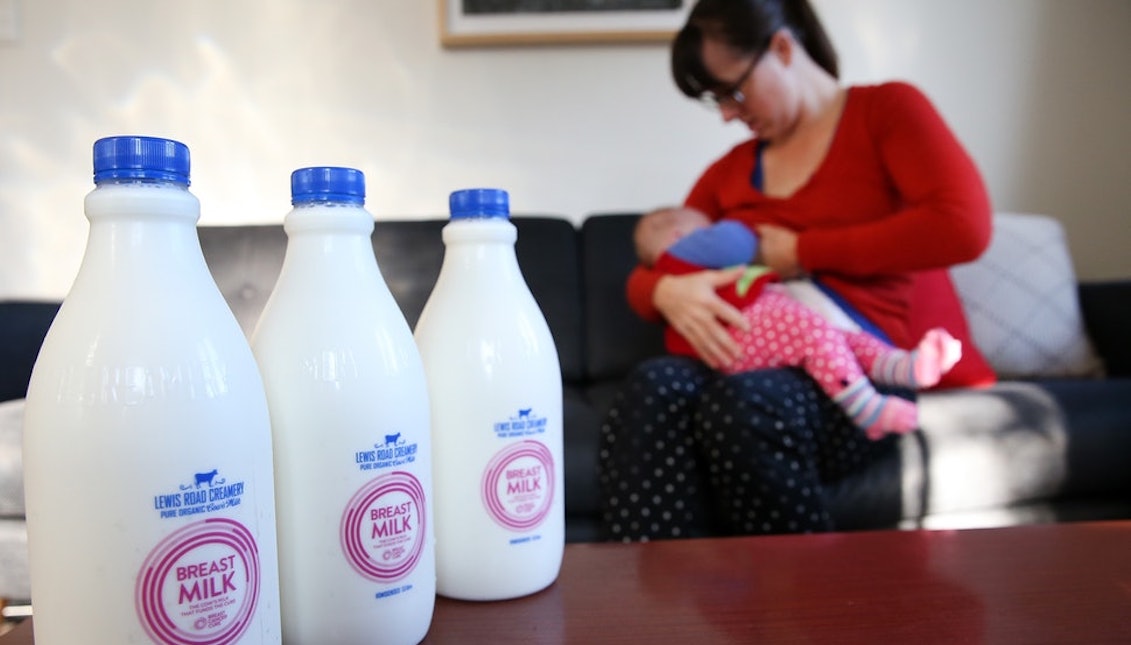
The Trump Administration vs. Breastfeeding
In what many have perceived as a measure to support infant formulas companies, U.S. officials opposed a resolution of the United Nations World Health Assembly…
Issues such as breastfeeding seem to be universally understood as a priority in international health discussions.
But, again, the Trump administration has found something to criticize.
During the World Health Assembly this past spring in Geneva, participating countries recognized "decades of research that determined that breastfeeding is healthier for babies," but the U.S. delegation decided to reach out and oppose the resolution, even threatening the countries that decided to endorse such investigations, according to the New York Times.
"American officials sought to water down the resolution by removing language that called on governments to 'protect, promote and support breastfeeding,'" the paper said. They also opposed "another passage that called on policymakers to restrict the promotion of food products that many experts say can have deleterious effects on young children."
Countries such as Ecuador opposed the demands, but the U.S. commission threatened that they would impose retaliation measures on trade and withdraw military assistance to the country.
RELATED CONTENT
Following the threats, several poor nations in Africa and Latin America withdrew support for the measure to avoid consequences.
Although there is no clear link between the decision of the administration and the infant formula industry, many intuit that the "intensity of the opposition" by Trump's government would have something to do with the economic system relating to the substitution of breastfeeding with artificial products.
For the Times, "the confrontation was the latest example of the Trump Administration siding with corporate interests on numerous public health and environmental issues," especially after studies published during 2016 showed that universal breastfeeding would prevent the death of up to 800,000 children around the world and save $300 billion in health costs.
"We were astonished, appalled and also saddened," said Patti Rundall, policy director of the British defense group Baby Milk Action. "What happened was tantamount to blackmail."
However, the Department of Health and Human Services defended opposition to the resolution saying it "imposed unnecessary obstacles for mothers seeking to provide nutrition to their children."











LEAVE A COMMENT:
Join the discussion! Leave a comment.